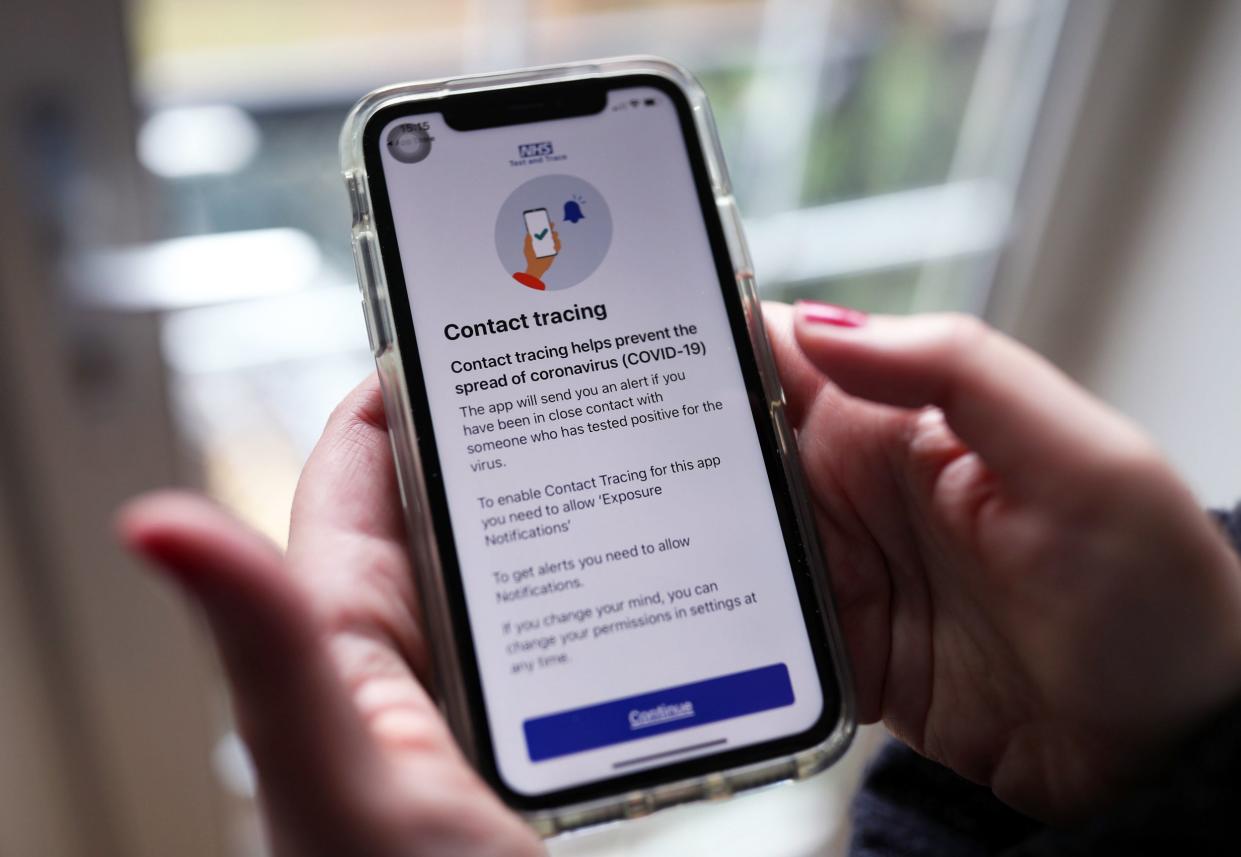Coronavirus can survive on phone screens and bank notes for four weeks, researchers claim

Coronavirus can survive for up to four weeks on banknotes and phone screens, researchers have claimed.
Australia’s national science agency CSIRO found the virus responsible for Covid-19 was “extremely robust” at 20C, or room temperature, and survived for less time at hotter temperatures.
The research involved drying virus in an artificial mucus on different surfaces, at concentrations similar to those reported in samples from infected patients and then re-isolating the virus over a month.
The study was also carried out in the dark, as research has demonstrated direct sunlight can rapidly inactivate the virus.
Dr Debbie Eagles, deputy director of the Australian Centre for Disease Preparedness, said: "Our results show that SARS-CoV-2 can remain infectious on surfaces for long periods of time, reinforcing the need for good practices such as regular handwashing and cleaning surfaces.
"At 20 degrees Celsius, which is about room temperature, we found that the virus was extremely robust, surviving for 28 days on smooth surfaces such as glass found on mobile phone screens and plastic banknotes.
"For context, similar experiments for Influenza A have found that it survived on surfaces for 17 days, which highlights just how resilient SARS-CoV-2 is."
The findings, published in Virology Journal, suggest the virus survives longer on smooth surfaces such as glass, stainless steel and vinyl, compared to porous surfaces such as cotton.
Earlier this year, a top virologist warned that the buttons pressed by pedestrians to stop traffic before crossing the road may also be a danger in the fight against coronavirus.
Chris Smith, who works at the University of Cambridge's department of pathology, told the Standard: "If someone has coronavirus on their fingers when they press the button, they could deposit virus particles there, which could remain viable for long enough to infect the next person who touches that surface."
He explained that although the virus stays on most surfaces, the length of time it remains on depends on the surface, as well as the local environmental conditions.
"Plastics, which coat many of these buttons, seem to enable the virus to survive for hours to days," he said.
"But, if the button's in a nice sunny, warm place with wind whipping past, the survival time will drop proportionally.
"But the same applies to anything we touch, hence the guidance to wash hands regularly and avoid touching your face."
But it comes as London's transport chief insisted the Tube is “safe” after an investigation failed to detect any traces of coronavirus.
Earlier this month, Andy Byford, the Transport for London commissioner, urged passengers to return to the Underground in the wake of the independent checks by experts from Imperial College London.
He said: “We are ready when you are ready. The system is safe. We encourage people to use it.”
Swab sampling involved testing escalators and Oyster readers at Waterloo and Euston stations, the grab handles on a Northern line train and the push buttons and handrails on a 205 bus.
The testing was designed to replicate a typical rush-hour journey on a busy part of the network.
“All results were negative, with no coronavirus being detected at any of the sampling sites,” a TfL spokesman said.
Mr Byford said TfL was “making sure the system is as clean as it can be” and revealed an “all-out focus on cleanliness”.
Read more
Pub closures and travel bans hit Covid hotspots in tiered system-LIVE
Growing revolt over new alert system as north set for toughest curbs
UK coronavirus cases rise by more than 12,000 with death toll up by 65
'Large gulf' between northern leaders and Westminster over Covid rules
Donald Trump no longer at risk of transmitting Covid-19, says doctor
Margaret Ferrier refuses to resign over 'one blip' coronavirus breach
UK at 'tipping point' in virus battle as millions face mixing ban

 Yahoo News
Yahoo News 
